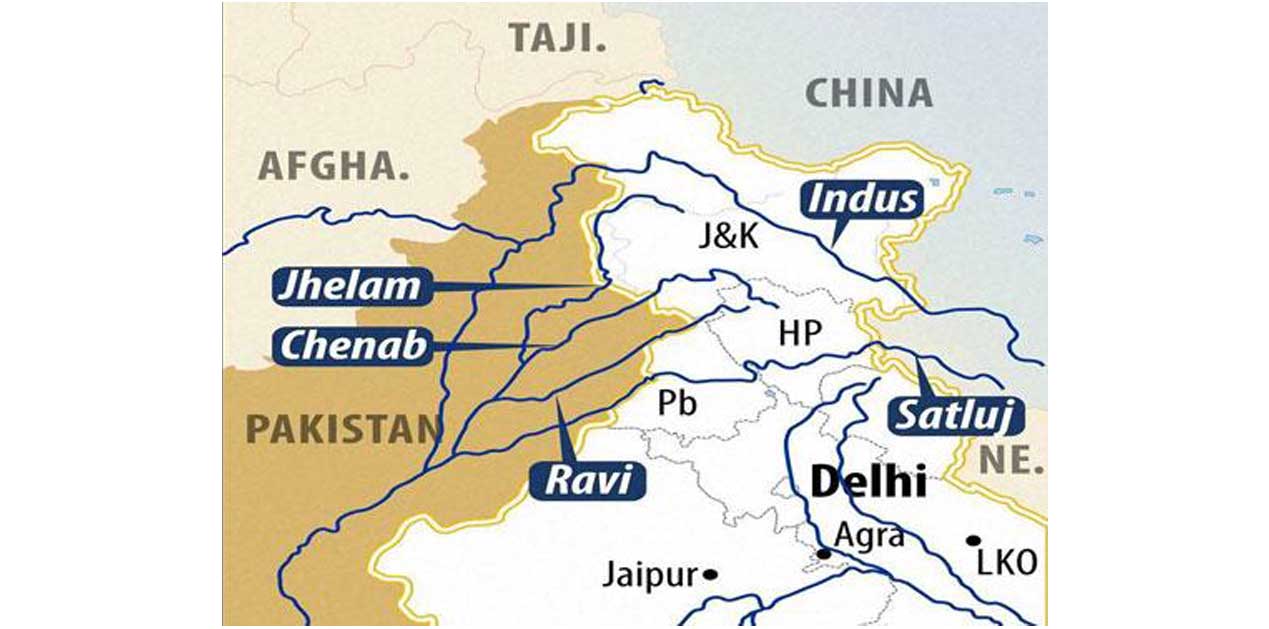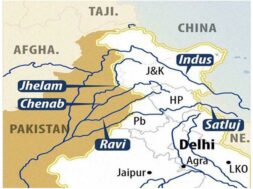
World Bank Appoints Neutral Experts for Indus Water Treaty
NEW DELHI, Oct 18: A signatory in the 1960 Indus Water Treaty between India and Pakistan, the World Bank has appointed a “neutral expert” and a chairman of the Court of Arbitration regarding the Kishenganga and Ratle hydroelectric power plants in view of disagreements and differences between the treaty partners.
Announcing the appointments on Tuesday, the World Bank expressed confidence that the highly qualified experts appointed as “neutral expert” and as members of the Court of Arbitration will engage in fair and careful consideration of their jurisdictional mandate, as they are empowered to do by the Treaty.
Michel Lino has been appointed as the Neutral Expert and Sean Murphy has been appointed as Chairman of the Court of Arbitration. They will carry out their duties in their individual capacity as subject matter experts and independently of any other appointments they may currently hold, the World Bank said in a statement.
There was no immediate reaction from India to the appointments. India and Pakistan signed the treaty in 1960 after nine years of negotiations, with the Washington-based World Bank being a signatory. The treaty sets out a mechanism for cooperation and information exchange between the two countries regarding their use of the rivers. However, India and Pakistan disagree over whether the technical design features of Kishenganga and Ratle hydroelectric power plants contravene the Treaty.
Pakistan asked the World Bank to facilitate the establishment of a Court of Arbitration to consider its concerns about the designs of the two hydroelectric power projects, while India asked for the appointment of a Neutral Expert to consider similar concerns over the two projects, the statement said.
“The World Bank continues to share the concerns of the parties that carrying out the two processes concurrently poses practical and legal challenges. The World Bank is confident that the highly qualified experts appointed as Neutral Expert and as members of the Court of Arbitration will engage in fair and careful consideration of their jurisdictional mandate, as they are empowered to do by the Treaty,” it said.
Under the Indus Water Treaty (IWT), all the waters of the eastern rivers—Sutlej, Beas, and Ravi—amounting to around 33 million acre feet (MAF) annually is allocated to India for unrestricted use. The waters of western rivers—Indus, Jhelum, and Chenab—amounting to around 135 MAF annually have been assigned largely to Pakistan. India is permitted to construct the run of the river plants on western rivers with limited storage as per criteria specified in the treaty.
(Manas Dasgupta)













